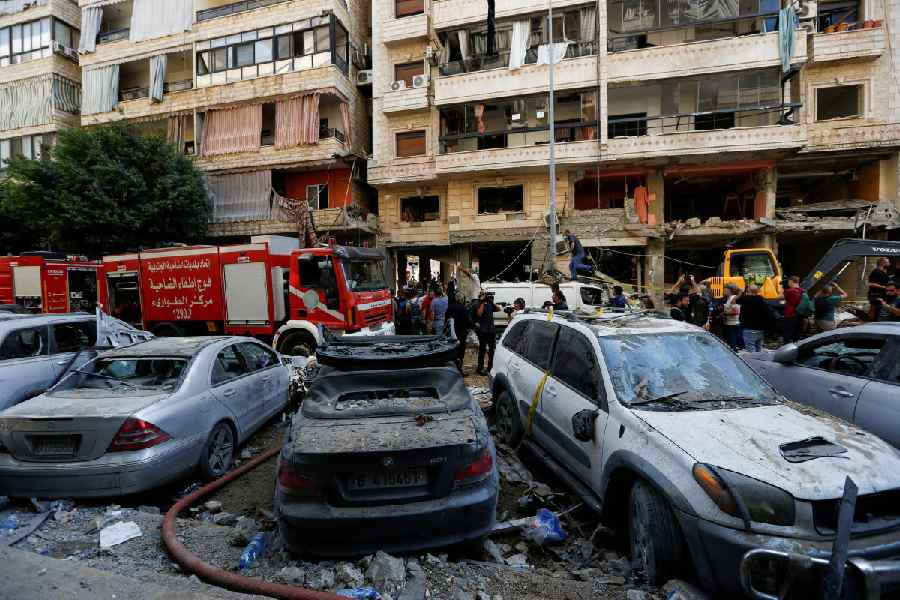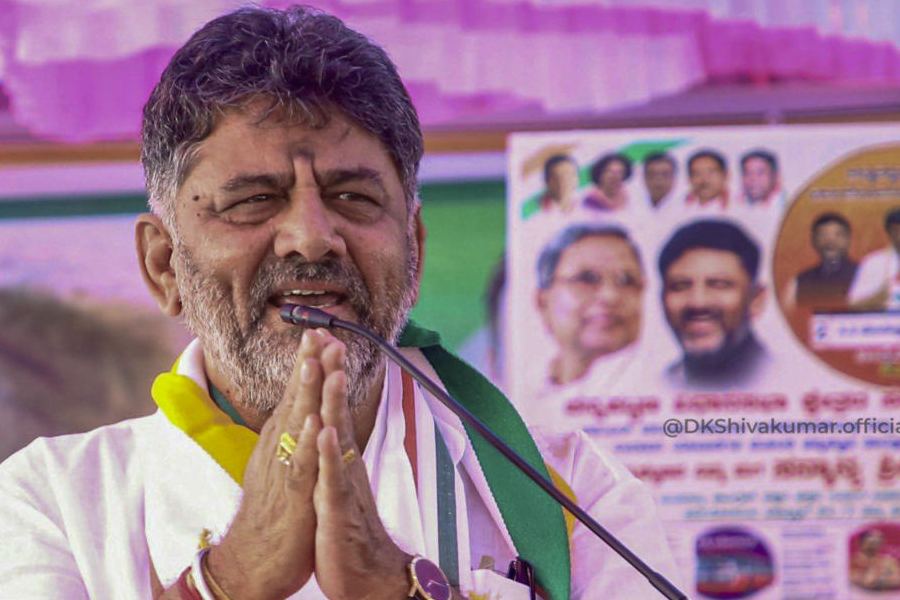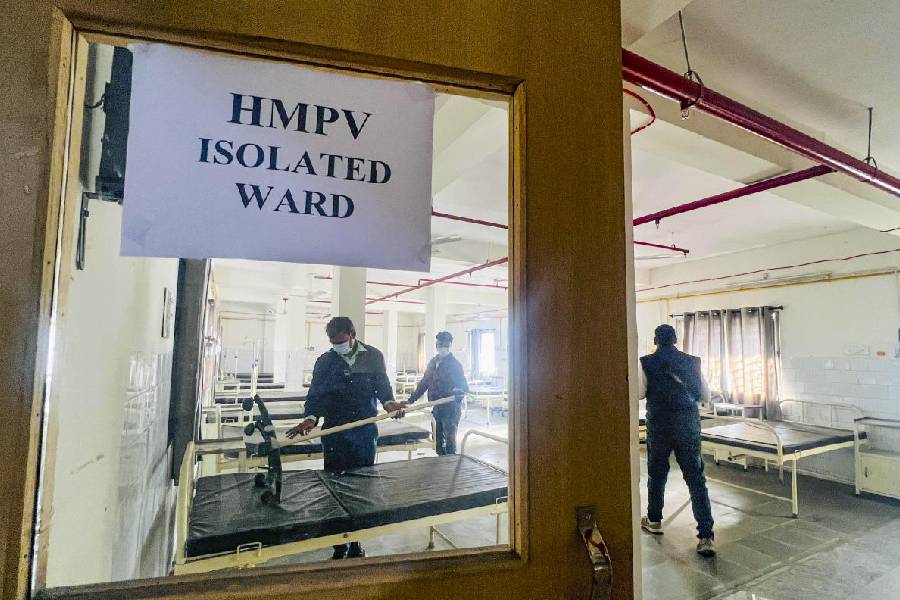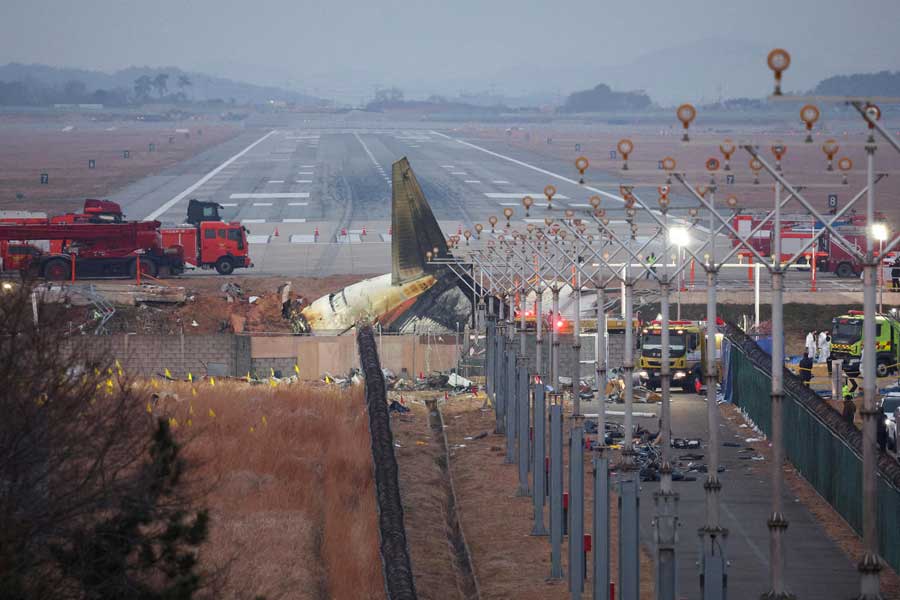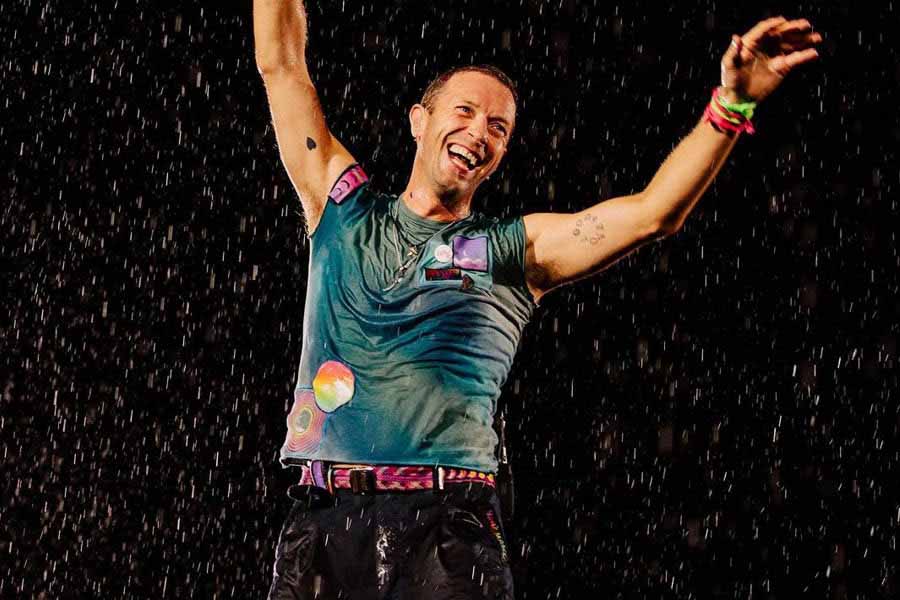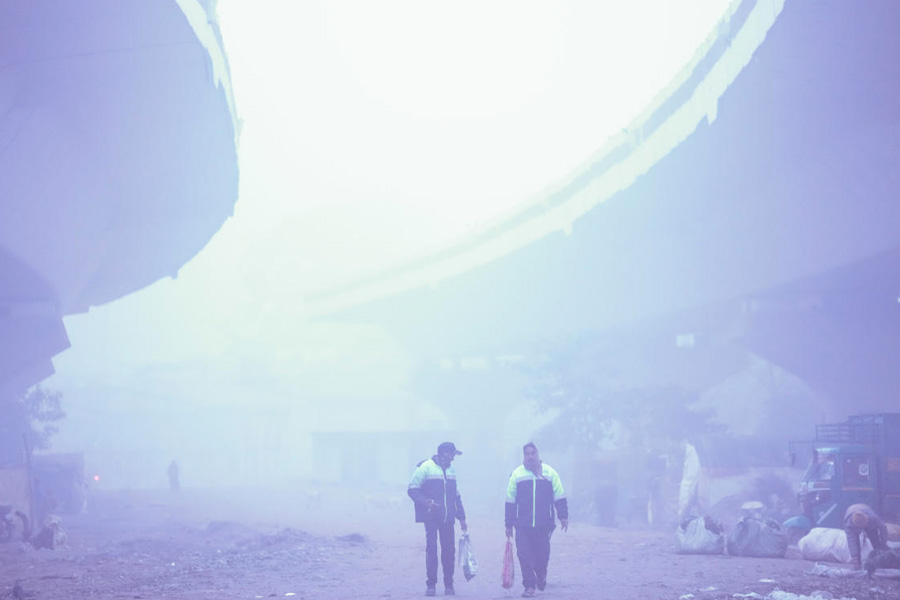Rescue workers in Beirut searched on Saturday for people still missing in rubble a day after an Israeli airstrike, targeting Hezbollah commanders, killed at least 37 people in a suburb of the Lebanese capital, according to authorities.
Hezbollah, a powerful Iran-backed group, said 16 members including senior leader Ibrahim Aqil and another commander, Ahmed Wahbi, were among those killed in the deadliest strike in nearly a year of conflict with Israel.
Israel's army said it hit an underground gathering of Aqil and leaders of Hezbollah's elite Radwan forces, and had almost completely dismantled its military chain of command.
The attack levelled a multi-story residential building in the crowded suburb and damaged a nursery next door, a security source said. Three children and seven women were among those killed, according to Lebanon's health ministry.
Cross-border strikes continued on Saturday: Israeli warplanes carried out the heaviest bombardment in 11 months of fighting across Lebanon's south, and Hezbollah claimed rocket attacks on military targets in Israel's north.
The Israeli army said it hit around 180 targets, destroying thousands of rocket launch barrels.
Friday's strike sharply escalated the conflict and inflicted another blow on Hezbollah after two days of attacks in which pagers and walkie-talkies used by its members exploded.
The death toll in those attacks has risen to 39 with more than 3,000 injured.
The attacks on communications devices were widely believed to have been carried out by Israel, which has neither confirmed nor denied involvement.
Lebanese Prime Minister Najib Mikati cancelled a planned trip to the U.N. General Assembly in New York.
U.S. national security adviser Jake Sullivan said he was worried about escalation but that the Israeli killing of a top Hezbollah leader brought justice to the group, which Washington designates terrorists.
"While the risk of escalation is real, we actually believe there is also a distinct avenue to getting to a cessation of hostilities and a durable solution that makes people on both sides of the border feel secure," Sullivan told reporters.
ISRAEL BRACES FOR RETALIATION
Hezbollah has said it will keep fighting Israel until it agrees to a ceasefire in its war against Hamas in the Palestinian enclave of Gaza - triggered by a Hamas-led rampage in southern Israel on Oct. 7.
U.S. officials say that is unlikely anytime soon. Israel wants Hezbollah to cease fire and withdraw forces from the border region, adhering to a U.N. resolution signed with Israel in 2006, irrespective of any Gaza deal.
Anticipating retaliation, the Israeli military restricted gatherings and raised the alert level for residents of northern communities. The alert went as far south as the coastal city of Haifa, signalling Israel thought Hezbollah could strike deeper than it had since the war with Hamas began.
In southern Lebanon on Saturday, people described huge explosions that lit up the night sky and shook the ground as Israel carried out its latest strikes.
Hezbollah-aligned transport minister Ali Hamieh told reporters at the scene of Friday's strike in the Beirut suburb that at least 23 people were still missing. "The Israeli enemy is taking the region to war," he said.
Israeli Defence Minister Yoav Gallant, who said this week Israel was launching a new phase of war on the northern border, posted on X: "The sequence of actions in the new phase will continue until our goal is achieved: the safe return of the residents of the north to their homes."
Tens of thousands of people have left their homes on both sides of the Israel-Lebanon border since Hezbollah began firing rockets at Israel in October in sympathy with Palestinians in Gaza.
Though Hezbollah has vowed a harsh response, an Israeli official told Reuters: "This escalation could provide Hezbollah an incentive to agree to a diplomatic solution." Months of U.S.-led efforts to broker an Israel-Lebanon border deal have failed to resolve the crisis.
The Israeli military said on Saturday it had been "striking extensively" in southern Lebanon after detecting plans by Hezbollah to target Israeli communities.
Early on Sunday, Hezbollah said it had targeted Israel's Ramat David Airbase with a missile barrage in response to "repeated Israeli attacks on Lebanon, which claimed lives and wounded civilians." The Israeli military said it intercepted the missiles. A few hours later, the Lebanese militant group said it targeted the airbase for the second time with another barrage of missiles.
A communique from a U.S. summit hosted by President Joe Biden with the leaders of Japan, India and Australia stressed the need to prevent the Gaza war "from escalating and spilling over in the region" but did not specifically mention the Israel-Hezbollah conflict.
The State Department said it had renewed its travel advisory for Lebanon, urging U.S. citizens not to travel there and for those already in the country "to depart while commercial options are still available".
Airspace in northern Israel - from the city of Hadera north - was closed to private flights but international flights were unaffected, the military said.
With at least 70 people killed in Lebanon this week, the conflict toll in the country since October has surpassed 740 during the worst Israel-Hezbollah flare-up since a 2006 war.
The U.N. special coordinator for Lebanon, Jeanine-Hennis Plasschaert, said on Friday the strike in a densely populated area of Beirut was part of "an extremely dangerous cycle of violence with devastating consequences. This must stop now".

